The sustainability and reliability of structures is of central importance for mobility and regenerative energy from a technical and economic point of view. Accordingly, understanding the structural and material behavior under different environmental influences (temperature, humidity, etc.) and the ability to predict damage play a key role in the development of lightweight components, reliable systems and the achievement of low electricity generation costs. Physically motivated numerical simulation models are an essential part of the development process of sustainable structures. In order to increase the efficiency of the simulation models and thus expand the area of application, reduction methods and machine learning are used. The Composites department combines the concepts of sustainability, service life and method efficiency. The scientific work is divided into the following main research areas:
Composite Materials
New and detailed simulation models are developed in the Composite Materials group. Material laws and failure models of fiber composites are developed here on different scales from the nano to the meso scale. At the nano-level, atomistic simulation methods are used to model the atomic components by using the molecular dynamics, while at the micro- and meso-level physically motivated constitutive material models are developed and integrated in a finite element framework. The material models take into account non-linear viscoelasticities, viscoplasticities, damage and various environmental influences. In addition, the Materials group is increasingly relying on machine learning, which improves our material models and at the same time leads to an increase of efficiency.
Composite Structures
This team is concerned with the stability analysis and dynamic analysis of slender and thin-walled structures. A second theme is the fatigue analysis of composite structures. Important aspects in this team are probabilistic analysis and reduced order modeling.
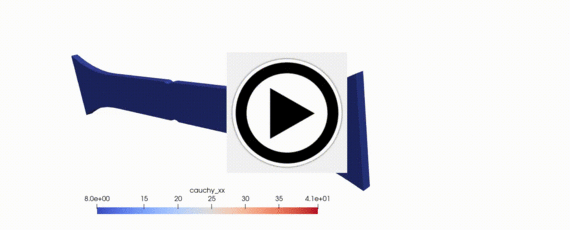

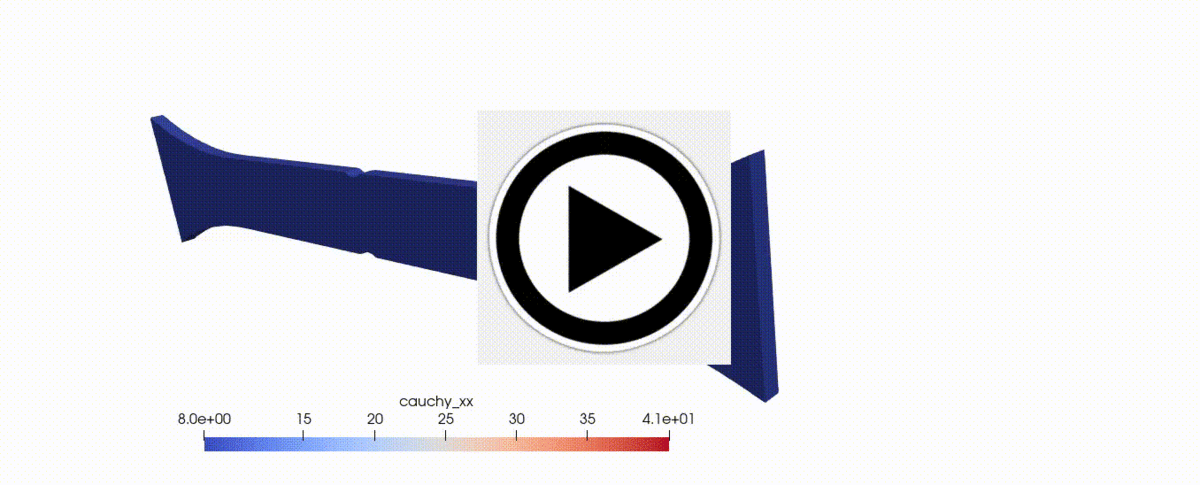
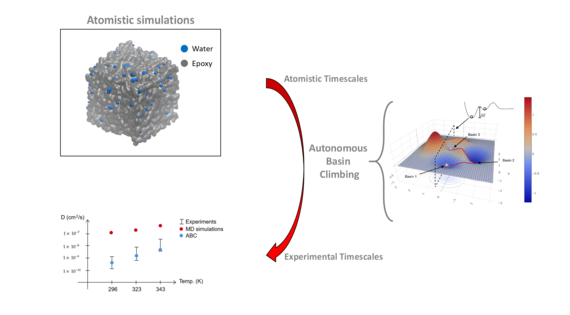
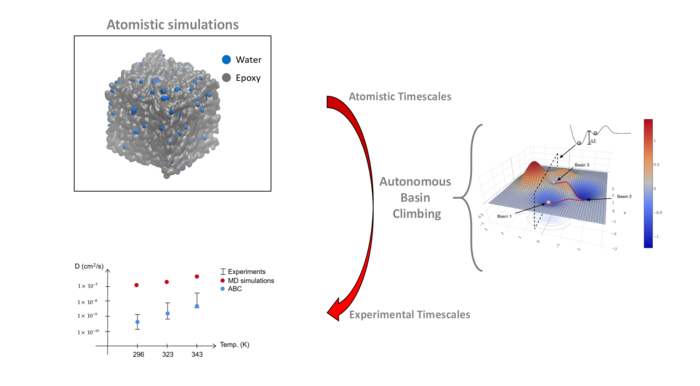
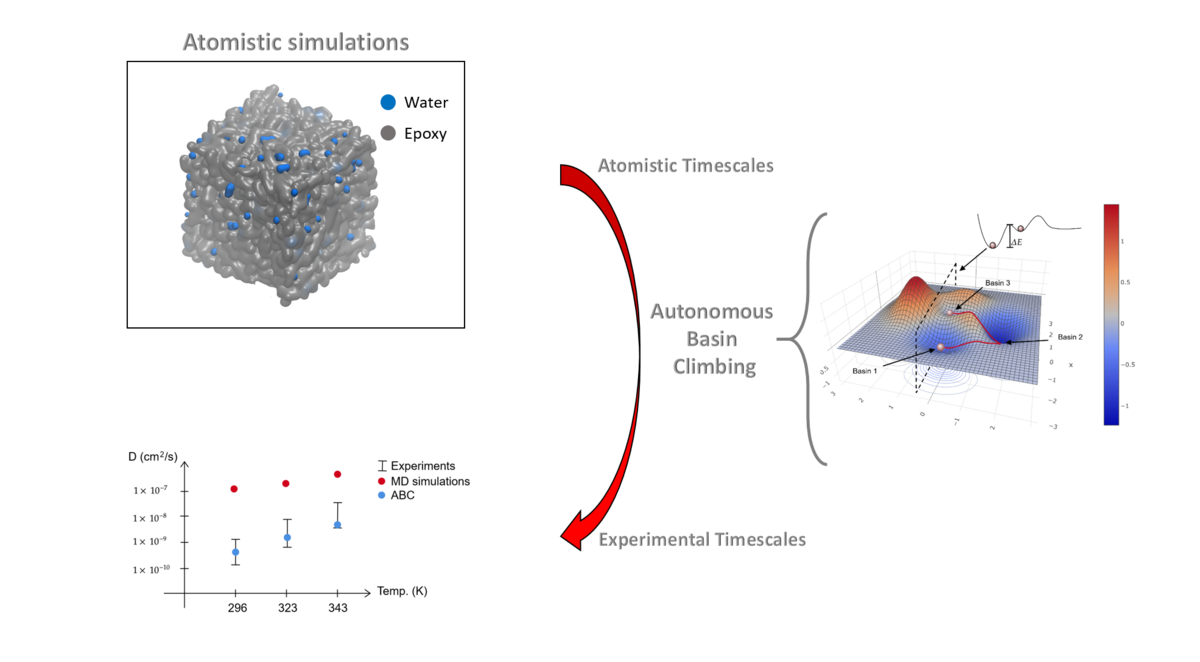
Recent research projects
Modeling and simulation of the fatigue damage behavior of fiber composites under variable block loading conditions
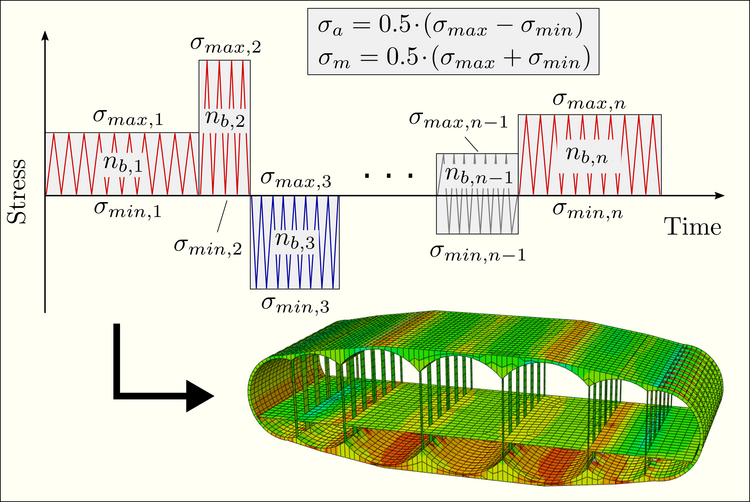
| Led by: | Prof. Dr.-Ing. habil. Raimund Rolfes |
| Team: | M.Sc. Marting Brod |
| Year: | 2020 |
| Funding: | Internes Projekt |
| Duration: | seit 2020 |



















